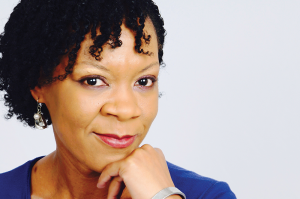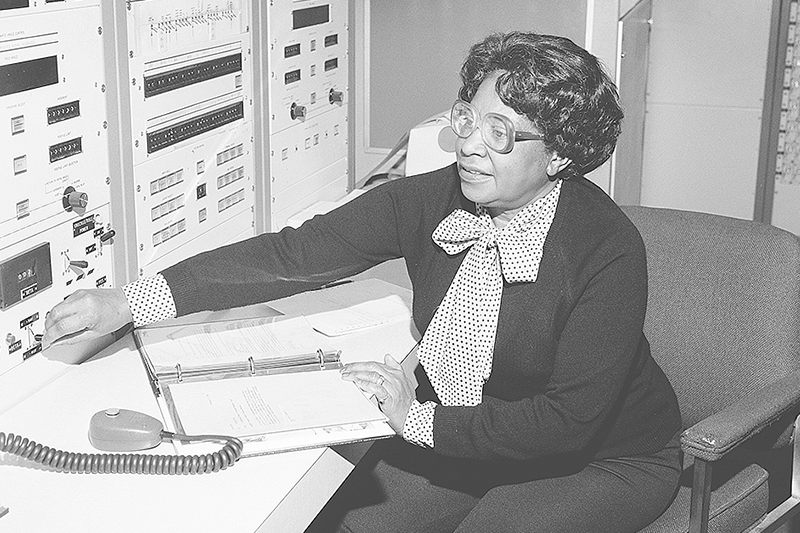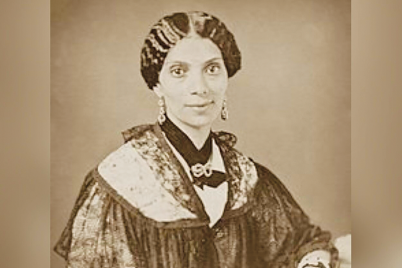Mary Winston Jackson was an American mathematician and aerospace engineer at the National Advisory Committee for Aeronautics.
BY KEISHA BELL | Visionary Brief
Would you take a demotion to advance a greater cause? Others have done it for you, so the question is, would you do it for someone else — for someone you do not know, for someone who may never know you? Your answer to this question may reveal your true belief regarding obtaining social justice, particularly racial and gender bias.
Meet Mary Winston Jackson. Some may remember Jackson via the Oscar-nominated movie, “Hidden Figures.” In 1942, Jackson earned bachelor’s degrees in mathematics and physical science. She worked in various jobs before starting her awe-inspiring engineering career at the NASA Langley Research Center.
In 1958, Jackson made history when she became NASA’s first black female engineer. This is an extraordinary accomplishment, considering that during that time, being a female engineer in and of itself was rare.
In 1951, Jackson was recruited by the National Advisory Committee for Aeronautics, known today as the National Aeronautics and Space Administration (NASA). She started as a research mathematician in the segregated West Area Computing Section.
In 1953, Jackson accepted an offer to work for engineer Kazimierz Czarnecki in the Supersonic Pressure Tunnel. Shortly afterward, she considered resigning as she had grown frustrated with being treated less than equal to her white peers. Czarnecki, however, encouraged her to train to become an engineer so that she could work with him in the supersonic pressure tunnel.
Have you ever wondered how often someone who does not fit the “preferred” look for a position wants to quit because of the magnitude of unfair discriminatory treatment – sometimes subtle, other times overt — she faces? Time and time again, we hear stories of injustices, but what is oftentimes lost in the discussion is the acknowledgment of the strength of those who, day in and day out, remain steadfast in unhealthy environments, even when the depths of their souls cry out for relief because they believe in the work.
Service requires sacrifice.
Because Jackson allowed herself to envision herself as an engineer, she accepted the challenging journey to make it happen. She successfully petitioned the City of Hampton to allow her to take the necessary night school graduate courses that were managed by the University of Virginia at the all-white Hampton High School. What many thought was inconceivable was proven to produce possibility – all because one woman, a black woman, did not quit.
After achieving her most senior rank within the engineering department, Jackson made the decision to take a demotion to become Langley’s Federal Women’s Program Manager. She did this to be in a position to help other women and minorities advance in their careers by giving them advice on the types of courses they needed to study to increase their chances for promotion. Jackson did not have to make this sacrifice, but she did because she understood how she could advance a greater cause.
Service requires sacrifice.
It is easy to say that you believe a thing. It sounds nice to say that you are against racial discrimination and gender prejudice. Have you ever, however, taken a step down or a step back to help coach someone — particularly someone who is of a demographic that has been historically oppressed — take a step forward with the hopes that her forward movement would inspire a population much bigger than what she even knows? Can you see yourself doing that? Your answer may be evidence of your true belief.

Keisha Bell







